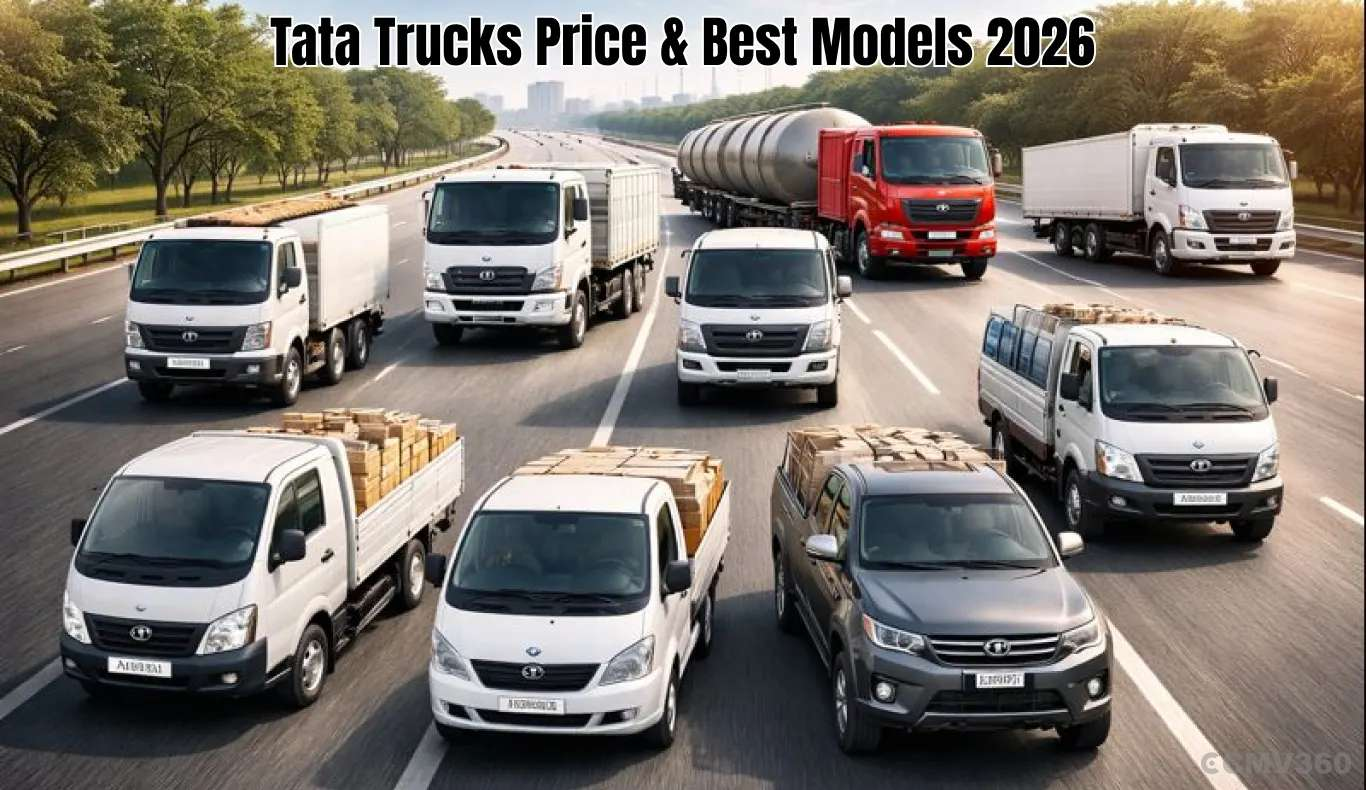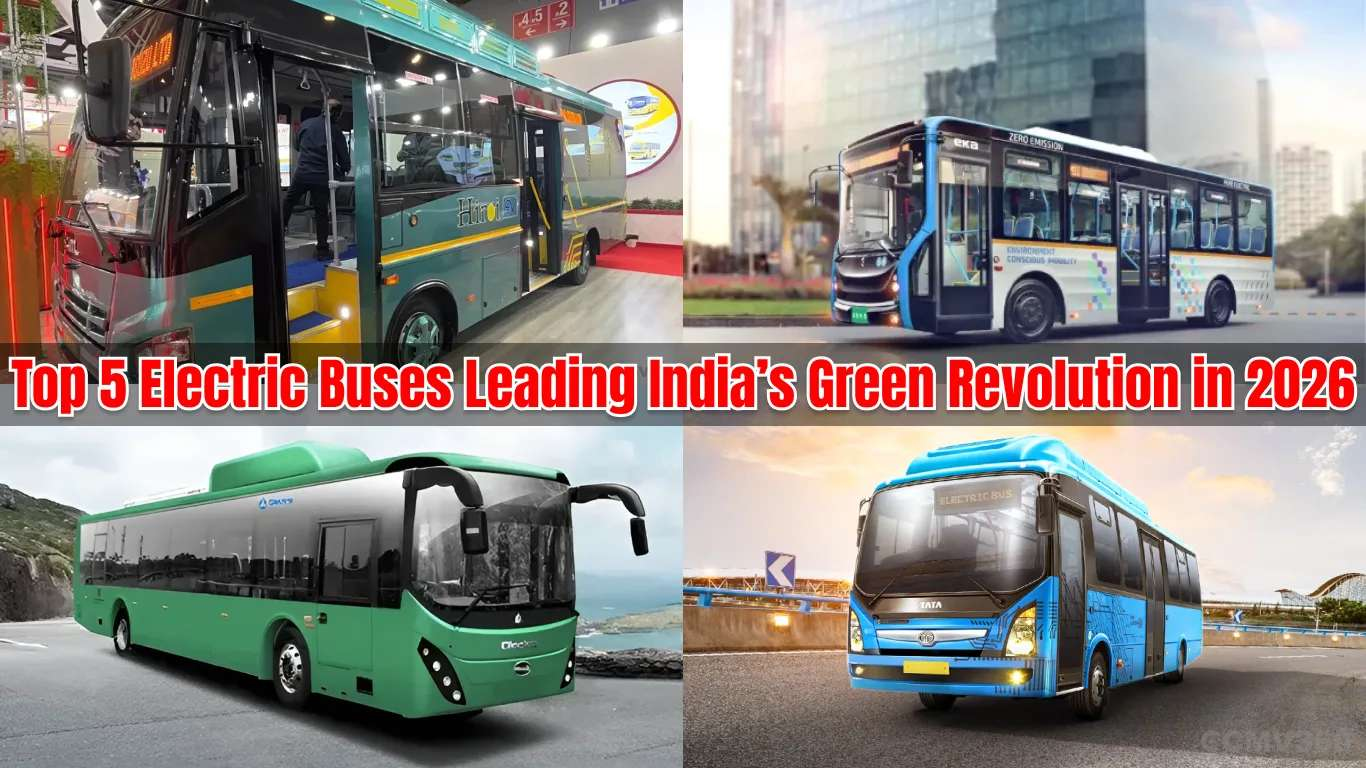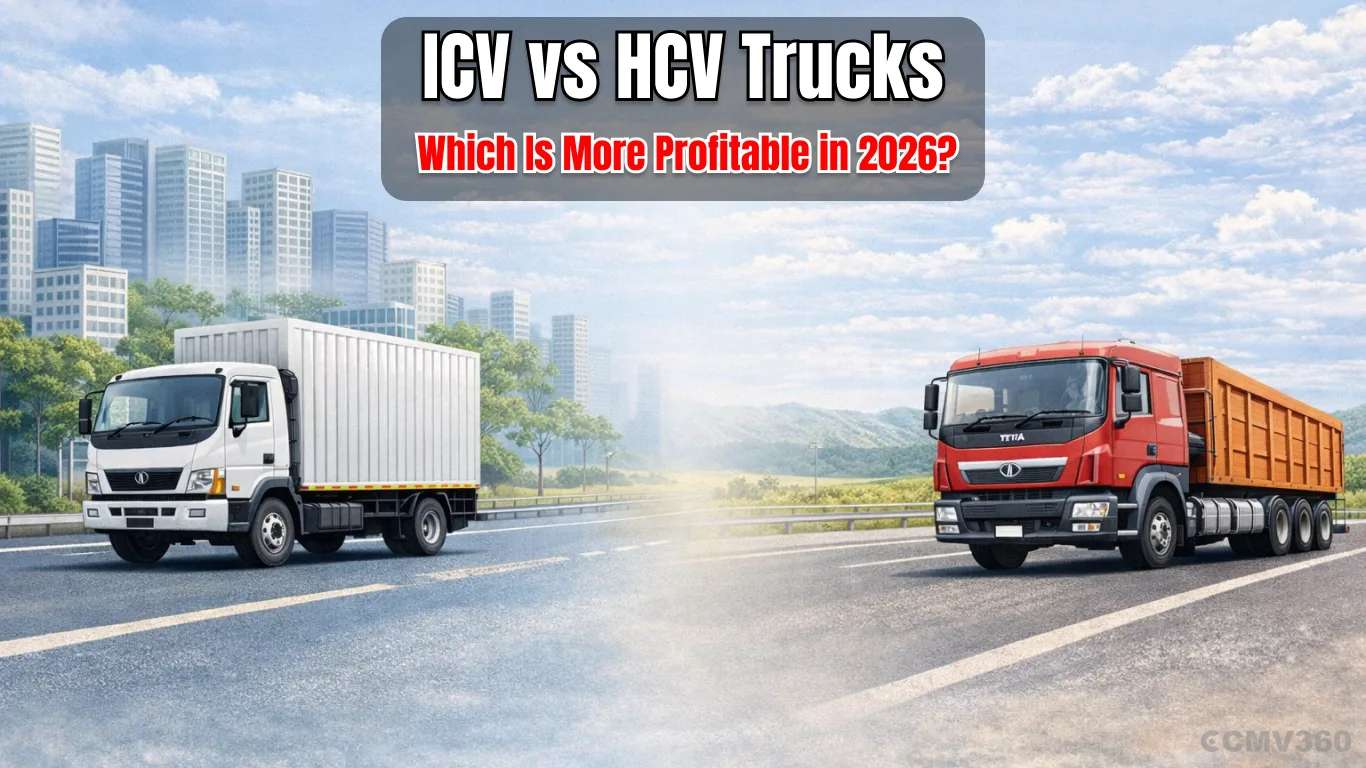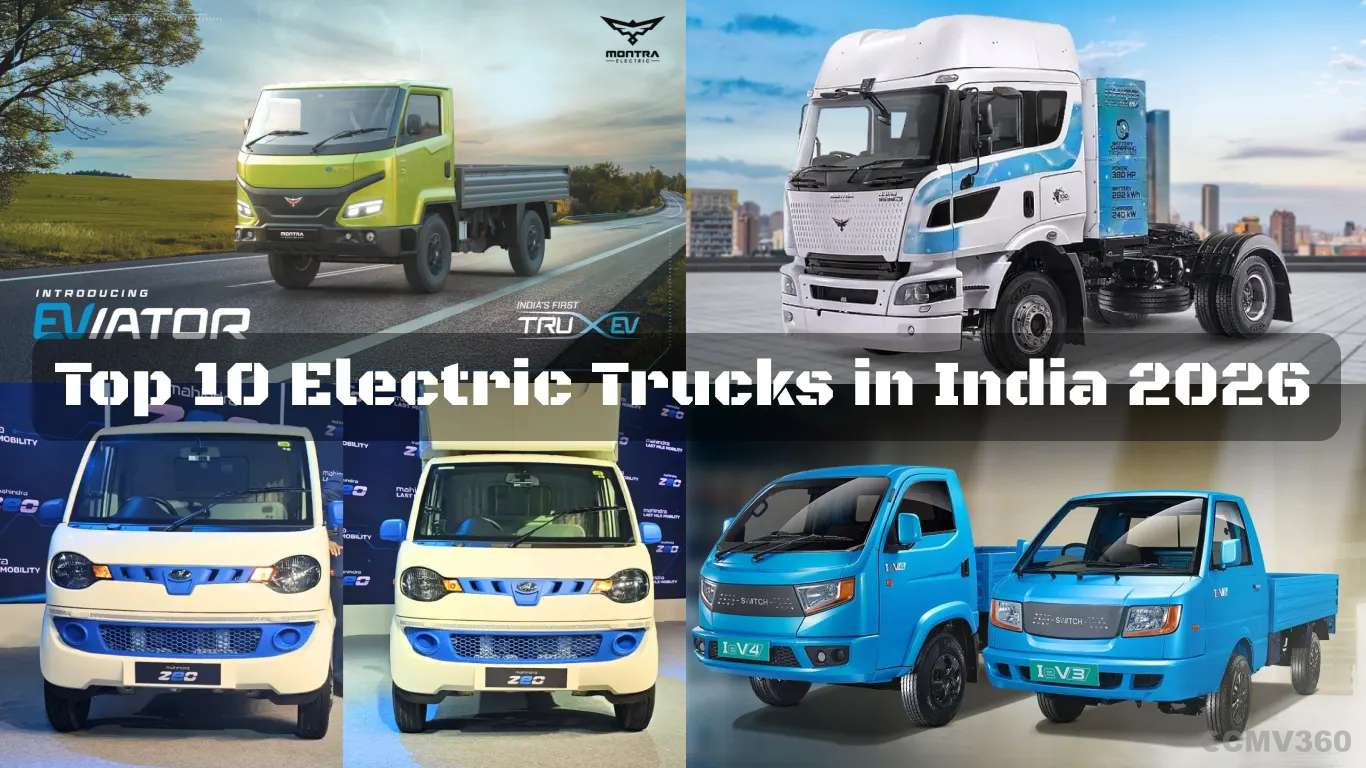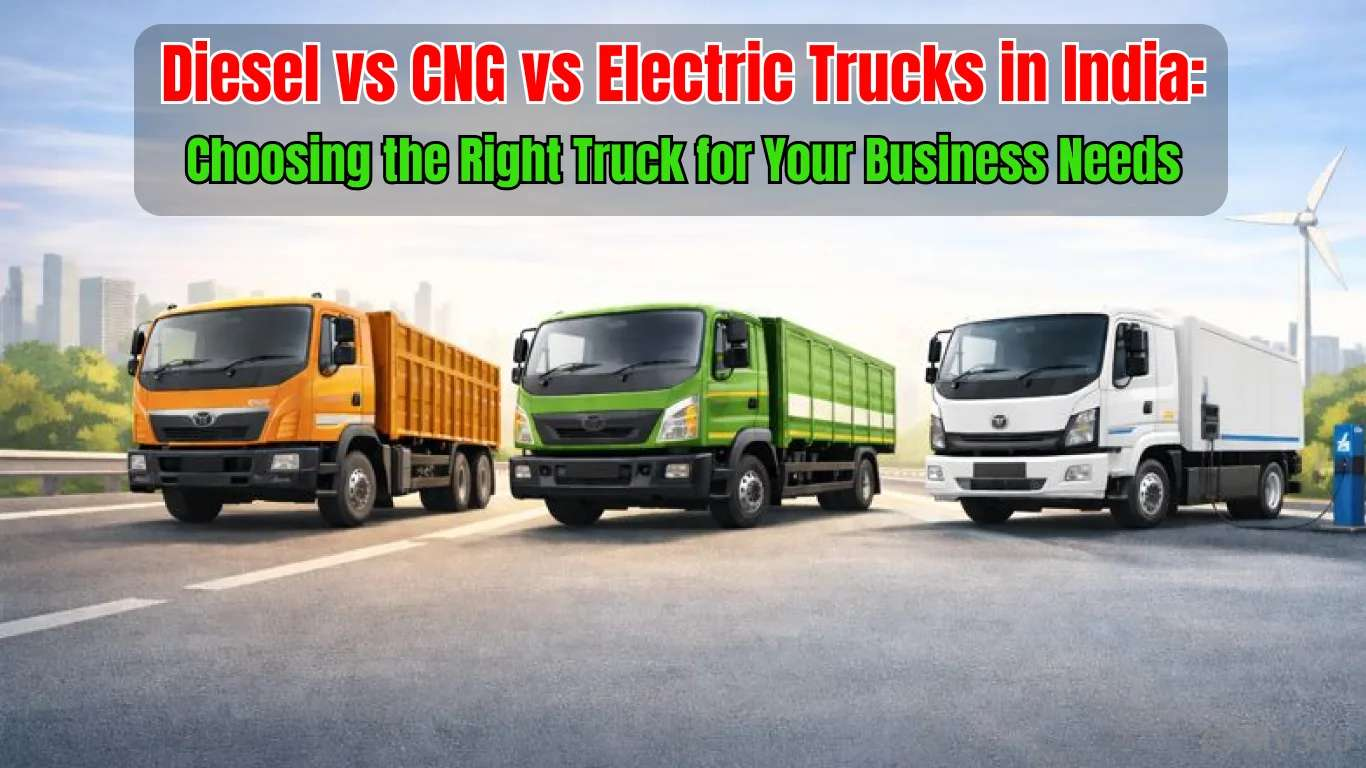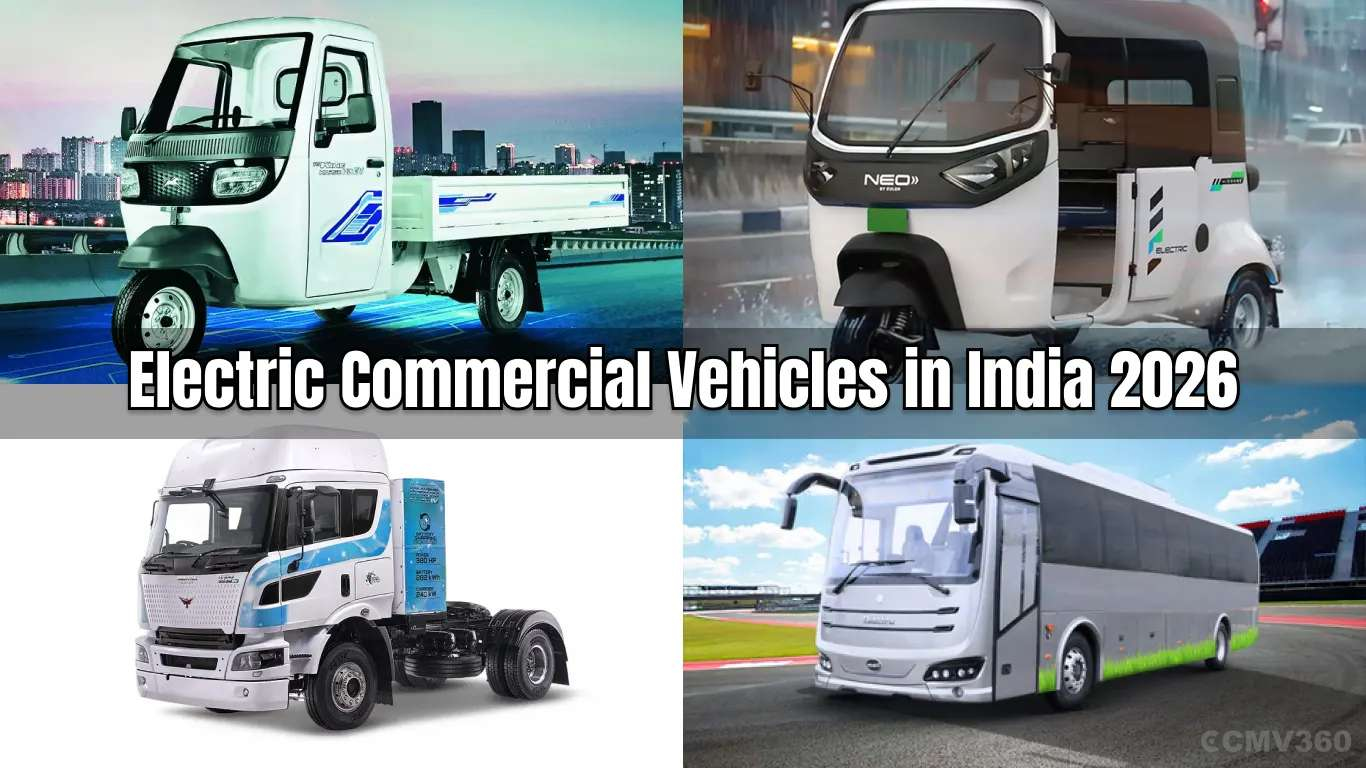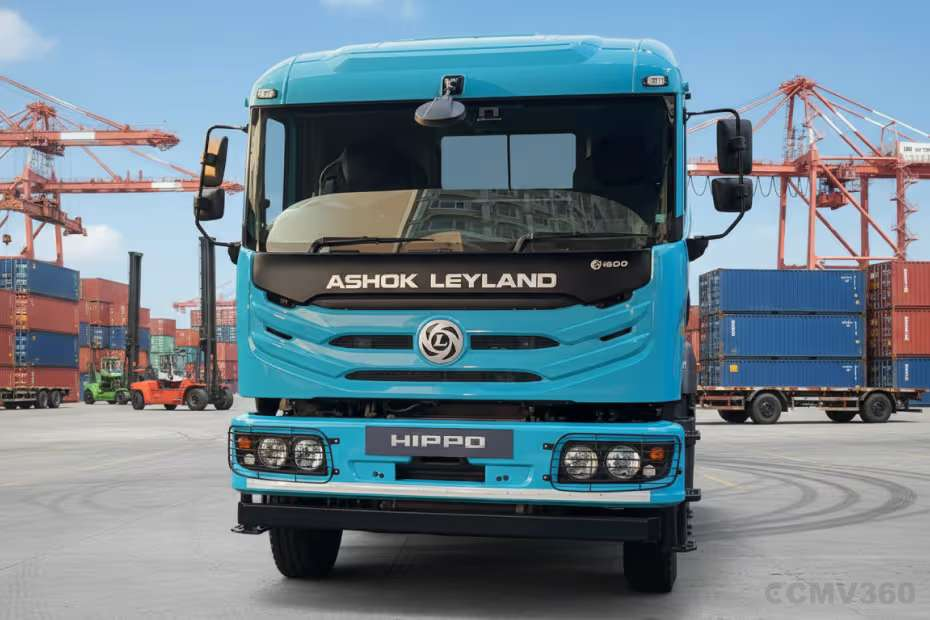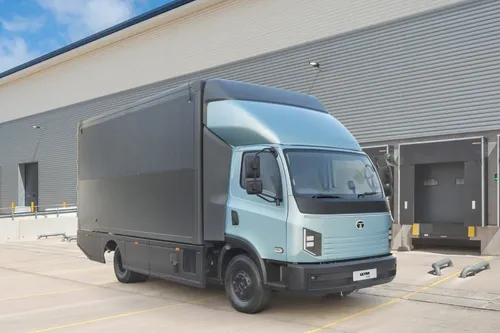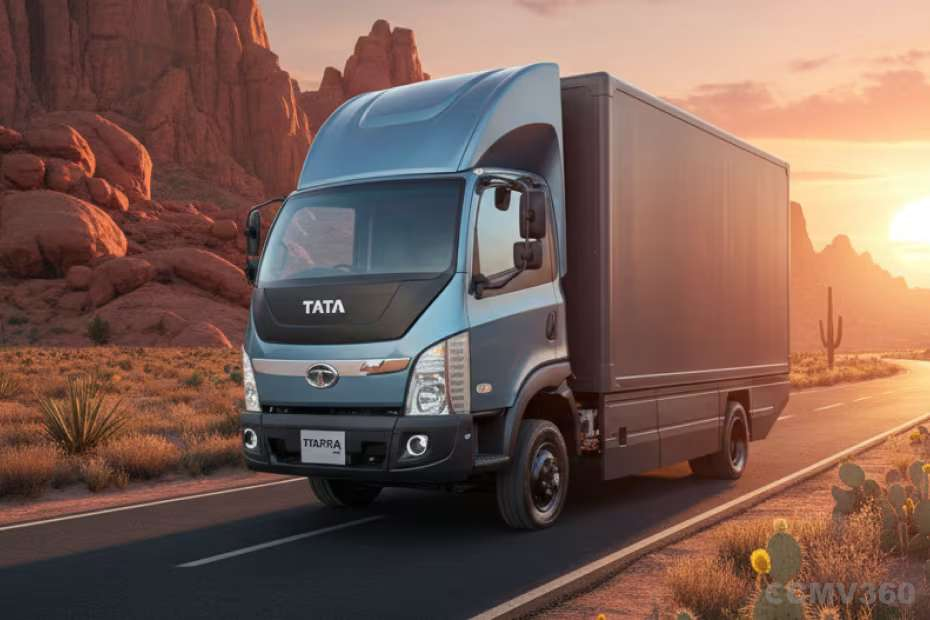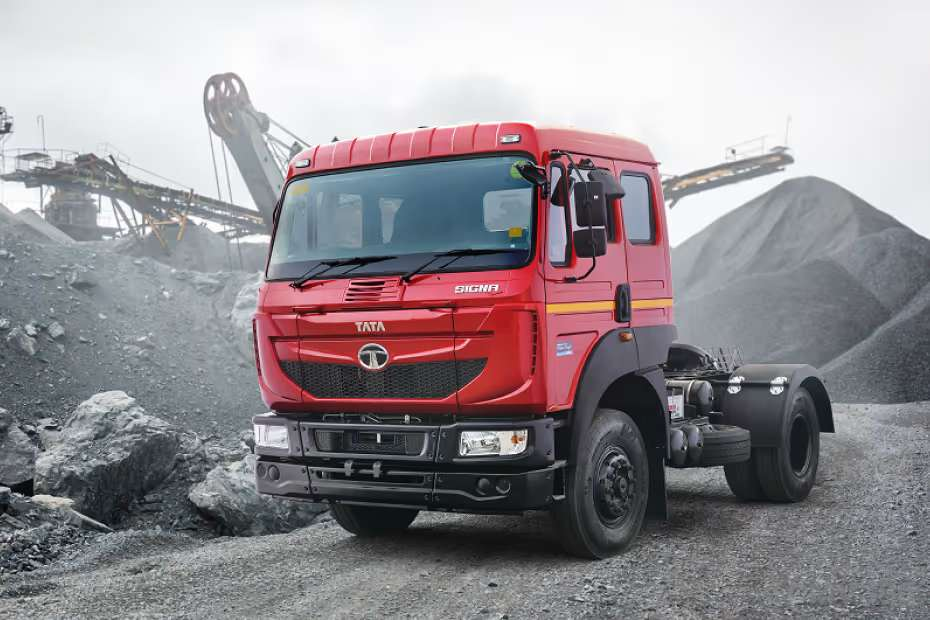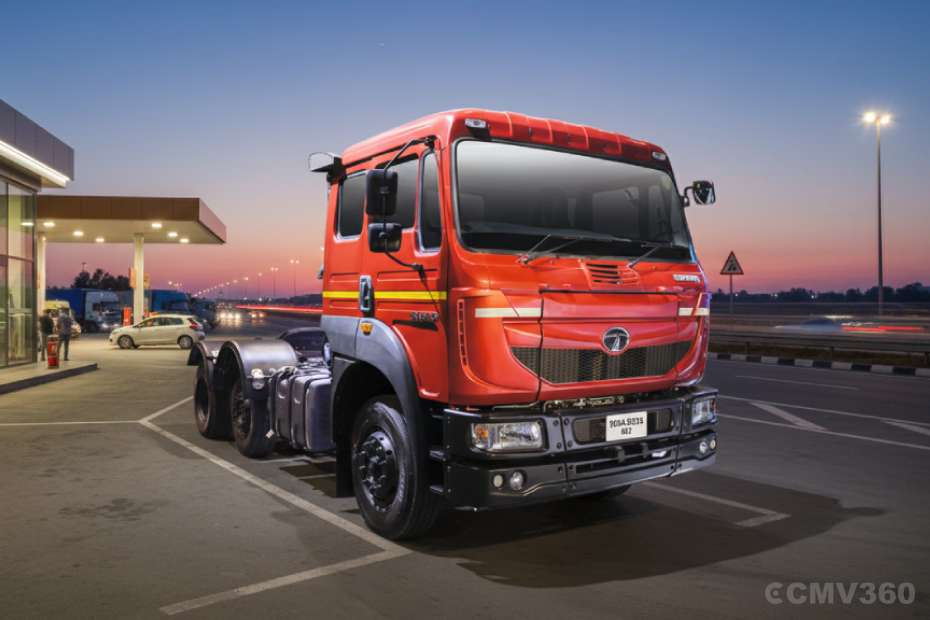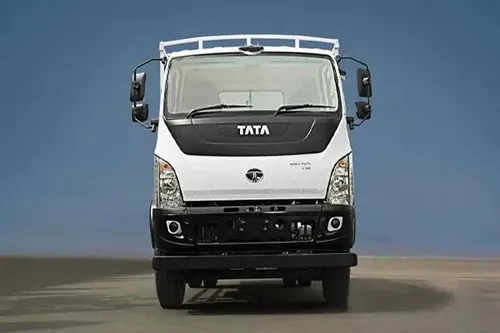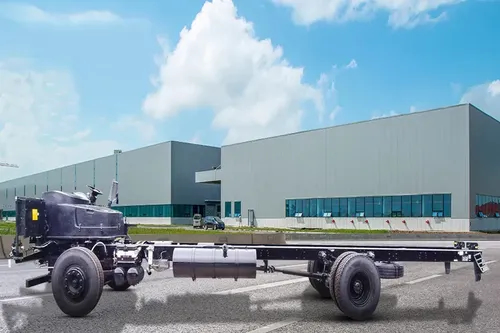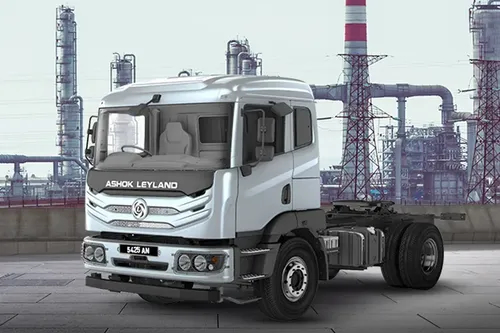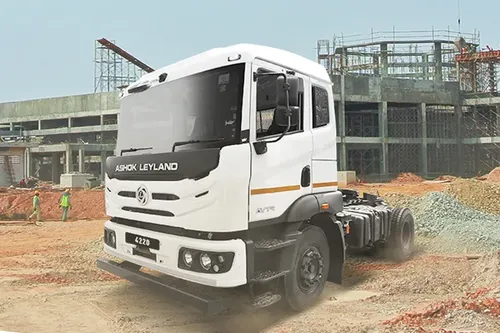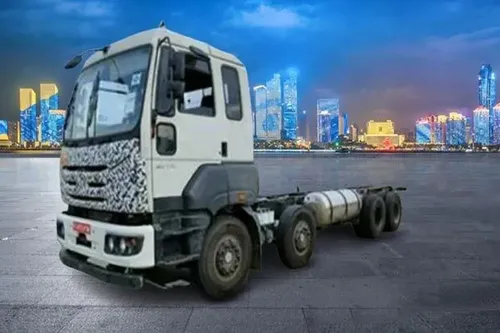Ad
Ad
How to Choose the Right Engine for Your Commercial Vehicle
Choosing the right engine is critical for improving your vehicle's efficiency and performance. Without the appropriate engine, your vehicle will either be overworked or underworked, resulting in premature wear and tear, additional maintenance requirements, or wasted dollars. In this article, we will discuss How to Choose the Right Engine for Your Commercial Vehicle to optimize your vehicle's efficiency.

Choosing the correct vehicle to purchase is vital for everyone, but so is choosing the engine to power it. Because, at the end of the day, no one appreciates a smart piece of metal and rubber taking up vast amounts of expensive space while doing nothing except taking up valuable space. It's like having canned food without a can opener on the side.
A good engine not only gets your vehicle from point A to point B but also allows you to save money while doing so. However, the advantages differ depending on the engine used.
When making this decision, there are a few crucial aspects to consider, and understanding them can help you choose the ideal engine for your Commercial Vehicle.
Choosing the right engine is critical for improving your vehicle's efficiency and performance. Without the appropriate engine, your vehicle will either be overworked or underworked, resulting in premature wear and tear, additional maintenance requirements, or wasted money. In this article, we will discuss How to Choose the Right Engine for Your Commercial Vehicle to optimize your vehicle's performance and efficiency.
How to Choose the Right Engine for Your Commercial Vehicle?
Determine the Purpose of Your Vehicle
To choose the best engine for your vehicle, you must first decide its application. Consider the road surface on which you will primarily drive your vehicle, its maximum operational weight, and its maximum beginning grade.
Such operational circumstances factors are crucial to consider, as particular transmissions and engines may not be suitable for certain applications. Finally, the characteristics stated above will assist you in determining the torque and gearing required for optimal performance.
Consider Engine Displacement
Consider engine displacement when deciding on the best engine. The engine displacement will vary depending on the size of the loads that a vehicle will regularly pull. If you intend to haul heavy weights with your vehicle, consider an engine with a smaller engine displacement because it will be lighter.
There is no one-size-fits-all answer for selecting the appropriate engine for various vocations and duty cycles. We recommend interacting closely with your dealer network to determine not only what size truck engine to order, but also what the overall powertrain specification should be.
Also Read: How to Choose the Right Commercial Vehicle for Your Business Needs

Choose between manual and automatic
Another important factor to consider when searching for a good engine is the decision between manual and automatic gearbox. There are various aspects to consider while picking between a manual and an automatic, such as desired ease of driving, amount of control, and fuel efficiency.
Furthermore, the power and torque of your vehicle's engine should be examined during the decision-making process to correctly match the two components. Keep in mind that because automatic gearboxes can be equipped with torque converters, they may have more torque than manual transmissions.
Consider Rear Axle Ratio
Before selecting an engine, examine your vehicle's rear axle ratio. The differential, which joins the back axle to the driveshaft and engine, has gears that make up the axle ratio of your commercial vehicle.
Direct-drive gearboxes often use lower numerical axle ratios, whereas overdrive transmissions use higher numerical axle ratios. To ensure that you specify a customised solution that fulfils the demands of the fleet, consider how the entire powertrain influences aspects like cruising speed and top gear time.
Performance of the Engine and Transmission
Another consideration is selecting the priority between performance and economy. Drivers’ value performance and the balance sheet of a fleet value fuel economy. Do you want to keep your drivers pleased and perhaps retain them?
Or do you wish to keep your operational expenditures to a minimum? If fuel economy is important, a 'down-sped' or low-rpm cruise powertrain is the ideal option. If performance is your first objective, you should look into a "traditional" power curve.
Also Read: 05 Things You must Look Out for While Buying A New Truck
How much are you transporting?
On average, how much do you haul? You can haul heavier loads if you choose a more powerful engine. In general, 10 horsepower is required for each tonne hauled in order to maintain a sufficient average speed and remain safe on the road.
This is a useful rule to remember, but the horsepower you choose will also be determined by the type of your activities and your priorities. These are just a few of the issues to consider when deciding which engine is best for your needs.
Other factors, such as resale value, should be considered as well. Because an engine is not a self-contained technology but rather works best when combined with the appropriate gearbox, transmission, and axle ratios, it is preferable to consult with your sales representative.
However, there is no single source of truth, so it is best to conduct your own study and speak with others in the field to evaluate your needs and select a vehicle that will become a true money-maker for your business.
Compare the engine's maximum power speed
Consider the characteristics of your vehicle's engine and compare its speed at maximum power to the engine's full speed when travelling at 100 km/hr. The revolutions per minute (RPM) of the engine should be fewer than its maximum RPM. It aids in maintaining your truck's top speed in the phase of potentially slowing situations.
Conclusion
Indeed, diesel engines are more cost-effective, have superior performance and longevity, and are the best engine for your truck. To choose the best one, evaluate your vehicle applications as well as the engine's maximum power. Before opting for a diesel engine, consider other considerations such as cost and repair parts availability.
One application may require a truck to operate 24 hours a day, seven days a week, whereas another may only operate for two to three hours per day. These are distinct usage situations that necessitate unique engine and transmission pairing for optimal functioning.
Features & Articles
Tata Trucks Price & Best Models 2026
Explore Tata Trucks Price India 2026 with detailed specs, payload, mileage, and features. Compare top Tata truck models, latest launches, and best options for business an...
03-Feb-26 01:08 PM
Read Full NewsTop 5 Electric Buses Leading India’s Green Revolution in 2026
Explore top electric buses in India 2026 with prices, range, features, and comparison of Switch, Tata, EKA, Olectra, and SML electric buses....
30-Jan-26 10:47 AM
Read Full NewsICV vs HCV Trucks: Which Is More Profitable in 2026?
ICV vs HCV trucks in 2026 explained with costs, mileage, ROI, maintenance, and profitability. A simple guide for Indian fleet owners to choose the most profitable truck t...
27-Jan-26 11:52 AM
Read Full NewsTop 10 Electric Trucks in India 2026: Price, Range, & Payload
Explore the top 10 electric trucks in India 2026 with prices, range, payload, and features....
22-Jan-26 09:17 AM
Read Full NewsDiesel vs CNG vs Electric Trucks in India 2026: Choosing the Right Truck for Your Business Needs
Compare diesel, CNG, and electric trucks in India. Understand costs, performance, and business suitability to choose the right truck for long-haul, city logistics, or eco...
21-Jan-26 11:12 AM
Read Full NewsElectric Commercial Vehicles in India 2026: Complete Guide to Electric Trucks, Buses, and Three Wheelers with Prices
Electric Commercial Vehicles in India 2026 explained with latest electric truck, bus, and three wheeler prices, features, range, and logistics insights, making buying dec...
19-Jan-26 09:52 AM
Read Full NewsAd
Ad
